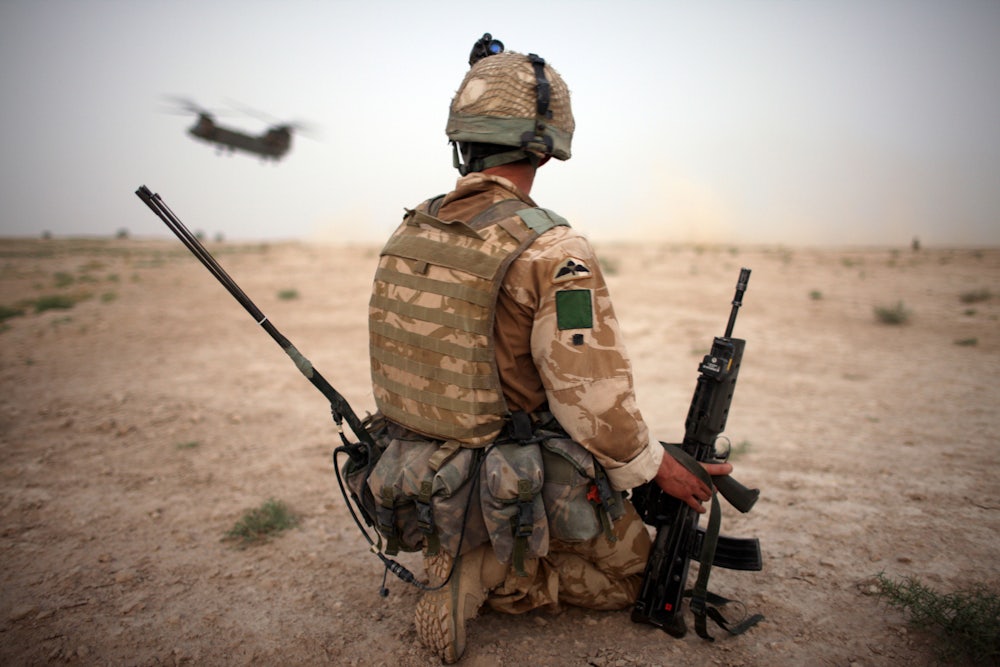With President Obama hailing the drone strike execution of Taliban leader Akhtar Mohammad Mansour as “an important milestone,” it’s clear that something has shifted in the U.S.’s approach to the 14-year conflict. For one, it represents the first time the U.S. has attacked the Taliban leadership’s redoubt in Pakistan, with Mansour being targeted in the province of Baluchistan. By taking Mansour out, the U.S. has thrust the Taliban’s leadership into turmoil, opening the possibility that Sirajuddin Haqqani, an even fiercer enemy of the U.S. and the Afghan government, could take control. The U.S. has also risked rousing the ire of Pakistan, which could result in Pakistan stoking more chaos in Afghanistan through its proxy groups.
But most importantly, it signals that the great hope of the past few years—that the government of Afghan President Ashraf Ghani and the Taliban could begin formal peace negotiations—is more remote than ever. Ghani previewed the collapse of that effort in April, promising to “execute” insurgents and declaring that his government was prepared for a drawn-out war. Of course, Ghani’s government itself would collapse without the support of the U.S., and has already ceded control of large swaths of the country to the Taliban. It looks like the U.S. military presence in the country—currently at 9,800 troops, with the aim of reducing that to 5,500 next year—will extend well beyond Obama’s time in office.
